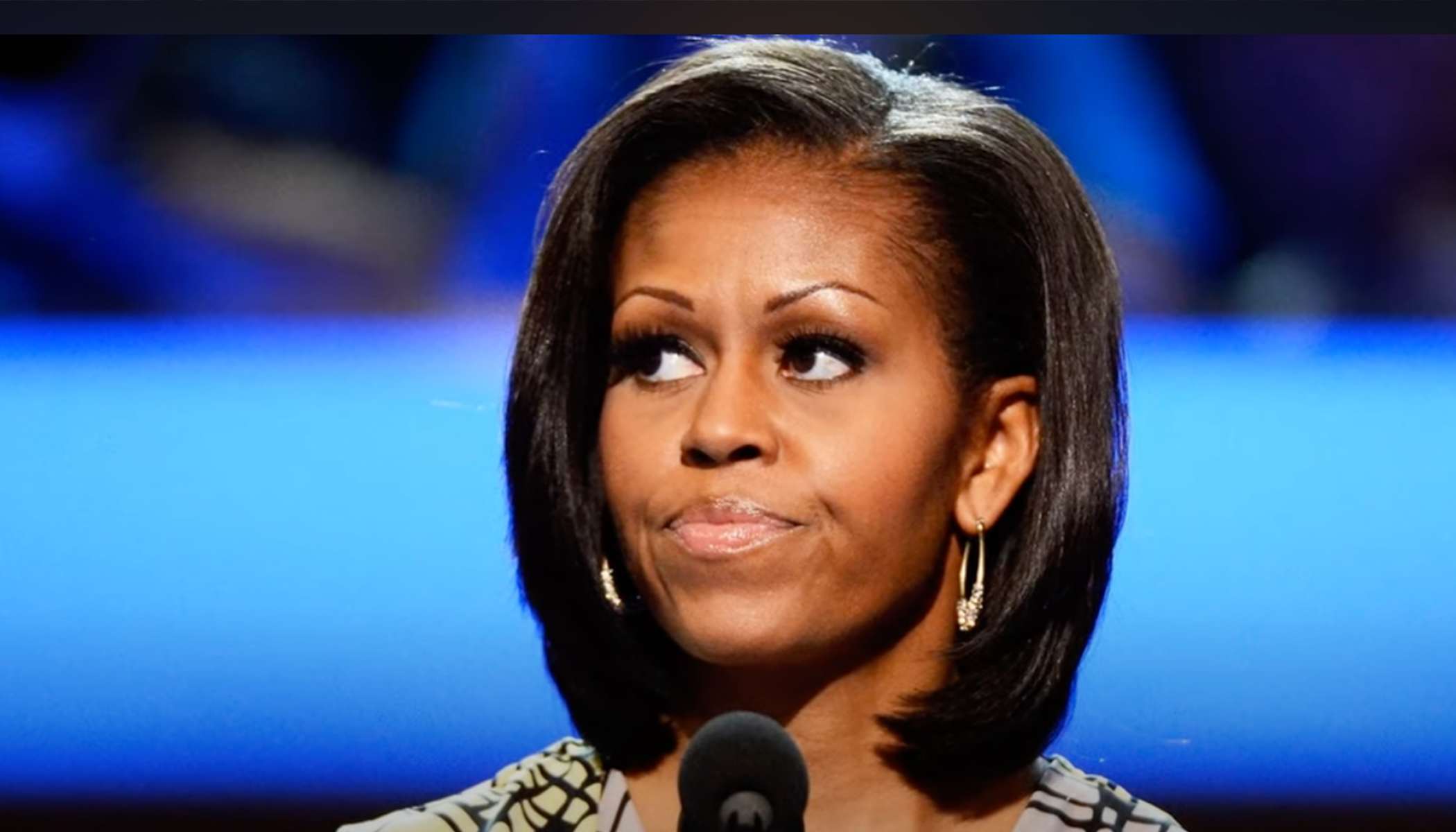Trump attends Super Bowl under increased Secret Service vigilance
In an unprecedented move, President Donald Trump was poised on Sunday to become the first sitting president to attend the Super Bowl, an event that has drawn significant security attention due to recent threats.
Homeland Security Secretary Kristi Noem has defended the extensive security measures being implemented by the U.S. Secret Service and Department of Homeland Security (DHS) for this year's Super Bowl in New Orleans, where Trump made a triumphant and historic appearance.
Noem stepped forward to voice her support of the Secret Service, an agency that was crucial in ensuring President Trump's safety at the Super Bowl. The heightened security came after an attempted assassination on July 13 in Butler, Pennsylvania, which targeted President Trump, and a second planned -- but foiled -- attack in Florida.
Details of Trump's Super Bowl Attendance
This particular Super Bowl was a defining moment for several reasons, not just for the sport. It was celebrated as the first occasion a sitting U.S. president will attend. The Kansas City Chiefs and the Philadelphia Eagles were the competing teams, drawing additional public and media attention.
The aftermath of an attempted attack on Trump's life has not only stirred public concern but also illuminated the efficiency with which Homeland Security is tackling potential threats. Noem noted the DHS is "moving in the right direction" after prior failings.
The spotlight on the Super Bowl's security was also sharpened by recent attacks in New Orleans. A terrorist truck-ramming incident on New Year's Day resulted in numerous casualties, further underscoring the challenge of securing large public events in the city.
Security Measures and Interagency Collaboration
Addressing security for this massive event, DHS deployed hundreds of personnel alongside military police and investigators. There was substantial collaboration among local, state, and federal agencies, emphasizing a comprehensive approach to ensuring safety.
Around 700 DHS officials were in place for the game, with flexibility in numbers based on evolving security needs. In addition, the department oversaw drone activity and online surveillance as proactive security measures.
Noem praised the unity among agencies, stating that the support they receive is "unprecedented" and crucial for an event of this scale. The coordination reassured the public of the security apparatus's readiness for the large crowd at the Super Bowl.
Presidential Interest in Assassination Details
President Trump has been vocal in his criticism of the previous administration, particularly concerning how information about the assassination attempt was handled. He emphasized his right to be fully informed about the individuals involved in the attack.
Trump expressed curiosity about certain details of his attackers, particularly their technological resources, which included multiple mobile phones and foreign applications. The president's demand for clarification on these points signifies the persistent pursuit of security transparency from his administration.
Noem remained optimistic about the city of New Orleans, praising its strength and resilience following the January terrorist incident. She highlighted the collective resolve to safeguard societal traditions and cherished events. "The world is a much more dangerous place, but here in the homeland, we are safe," she remarked.
Additional National Guard Troops Helped Ensure Safety
To bolster security, Louisiana Gov. Jeff Landry announced the contribution of an extra 350 National Guard troops to the on-ground personnel. This commitment reflected the prioritization of safety in the wake of the heightened risk factors surrounding the event.
Noem offered reassurance that there were no specific, credible threats targeting the Super Bowl ahead of the game. Her statements aimed to calm public apprehension, though vigilance remained key to security operations.
While the Super Bowl is unquestionably a hallmark of American sports culture, this year's event symbolized more. It embodied a unified attempt to protect tradition and ensure a secure, enjoyable experience for all attendees amid contemporary challenges.
The interagency coordination on display reassured citizens of the government's commitment to public safety. The event underlined the adaptability and strength of homeland security practices, unifying various entities for a shared goal.
Implications for Future Presidential Appearances
This landmark occasion set a new precedent for presidential appearances at major public events and the corresponding security measures required. The collaboration witnessed at the Super Bowl may serve as a model for future events of similar magnitude.
In the context of persistent global security threats, the commitment and coordination seen for this event reflect a proactive approach to safeguarding the nation and its leaders. The success of the event will undoubtedly impact future security protocols across the country.
Overall, the anticipation for this historic Super Bowl was tempered with the knowledge that ensuring safety is of paramount importance. Citizens drew confidence from the robust security framework and the interagency coordination dedicated to safeguarding both the public and the president.
As the events unfolded, all eyes were on how these efforts translated into a successful and secure Super Bowl experience. The legacy of this undertaking will likely shape future strategies in event security and presidential protocol.






